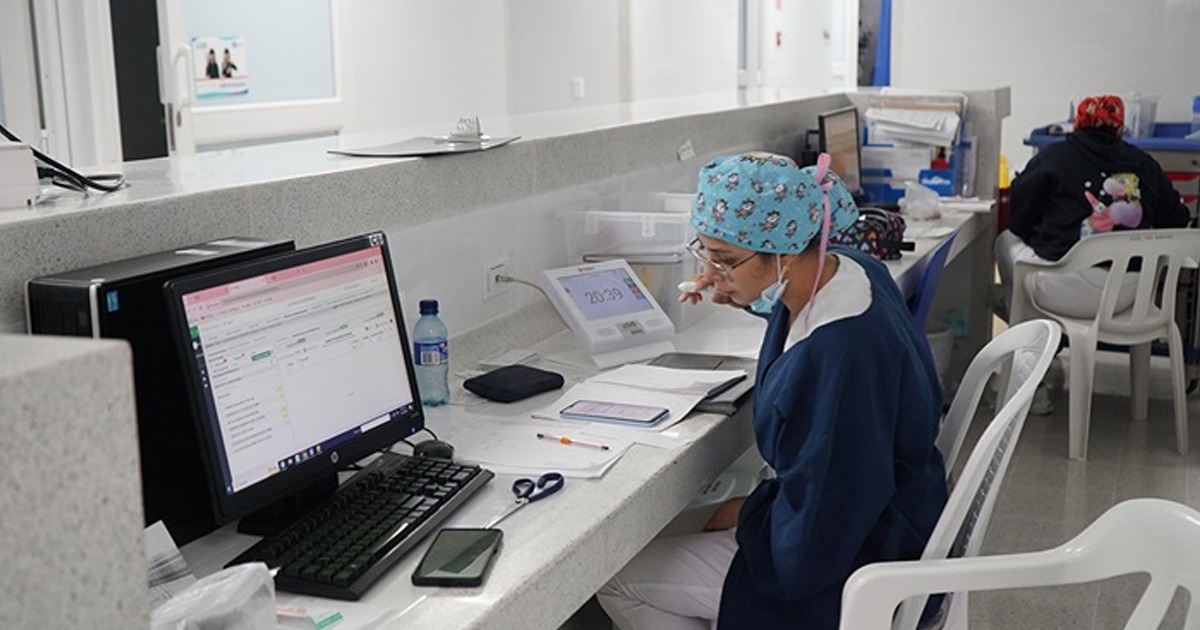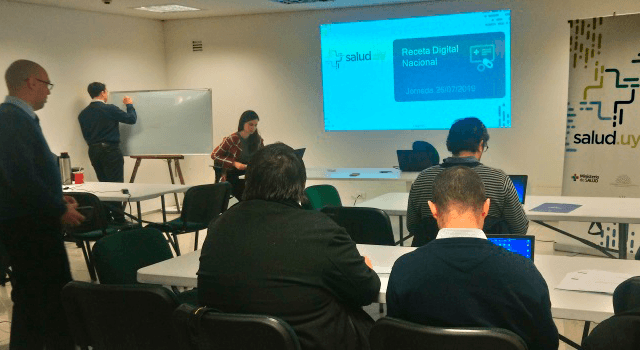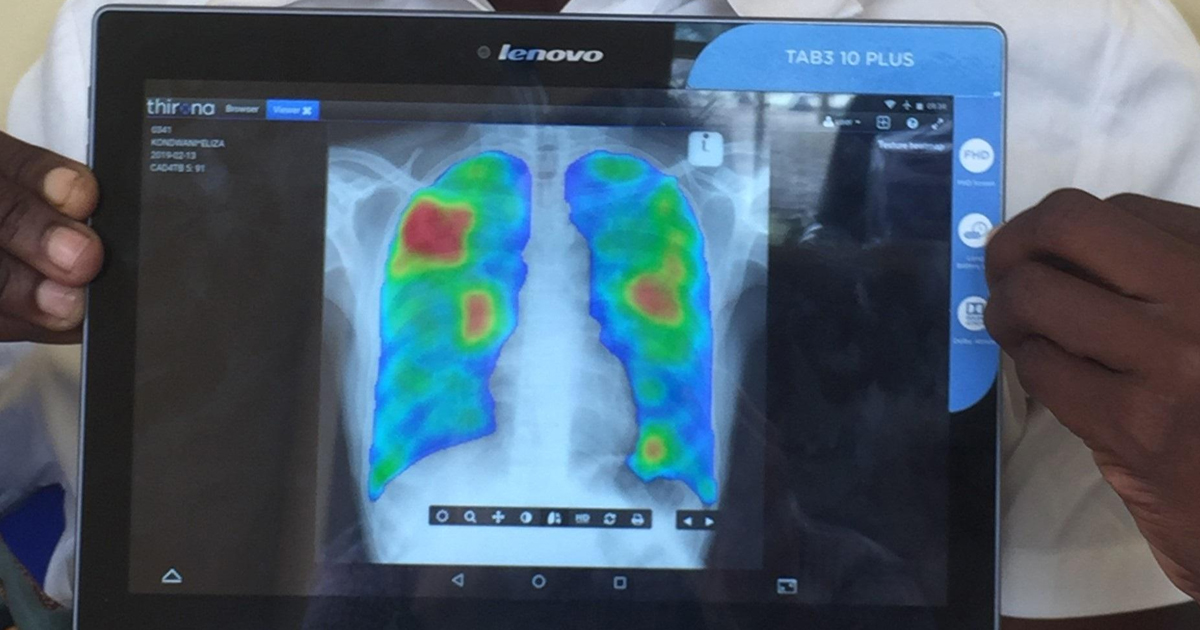Study published in Nature, showed early warning signs of COVID-19 outbreaks in Europe in winter 2019-2020, even before the first contagions were reported locally.
Using Twitter data, Italian researchers discovered warning signs of early COVID-19 outbreaks in Europe in late 2019 and early 2020. The authors indicate that these findings point to the urgency of establishing an integrated digital surveillance system in which social networks can help geolocate chains of contagion that would otherwise proliferate almost entirely undetected.
Public health surveillance plays an important role, especially in scenarios such as the current one and the one faced by health authorities around the world for a new highly contagious disease such as COVID-19. In December 2019, the World Health Organization (WHO), was informed about the first cases of "pneumonia of unknown etiology". The researchers in this study took pneumonia as an early warning sign of a pandemic for two reasons: pneumonia is the most severe condition induced by COVID-19; and because the influenza season in 2020 was milder than in previous years.

For the study they designed a database that considers all messages posted on Twitter containing the keyword "pneumonia" in the seven most spoken languages in the European Union, English, German, French, Italian, Spanish, Polish and Dutch. The data collection spanned a period between December 1, 2014 and March 1, 2020.
“We made a number of adjustments to avoid overestimation of the number of tweets mentioning cases of pneumonia between December 2019 and January 2020,” the authors explain. In addition, they removed COVID-19-related results that began appearing on January 21, 2020, when COVID-19 became a Class B notifiable disease.
“These findings suggest a significant increase in tweets mentioning pneumonia in most of the selected European countries well before the outbreak of COVID-19 was officially reported in the news,” the authors mention in reference to the increase in results on the keyword "pneumonia" in tweets from the 2018-2019 winter season and the 2019-2020 winter season.
In Italy the first blocking measures to contain COVID-19 contagions were introduced on February 22, 2020, however, the rate of increase in pneumonia mentions during the first weeks of 2020 differed from that observed in the same weeks of 2019. Thus, important infection hotspots could be identified prior to massive outbreaks.
This research shows how data available from social networks can be leveraged, especially those such as Twitter which most of its users post information that appears directly in search results. Therefore, the authors show an approach on how governments can rely on this type of technologies to obtain information and data on possible outbreaks. In addition, many of the tweets contain geolocation data, how they have already been used to make mobility reports to assess measures of social distancing.






